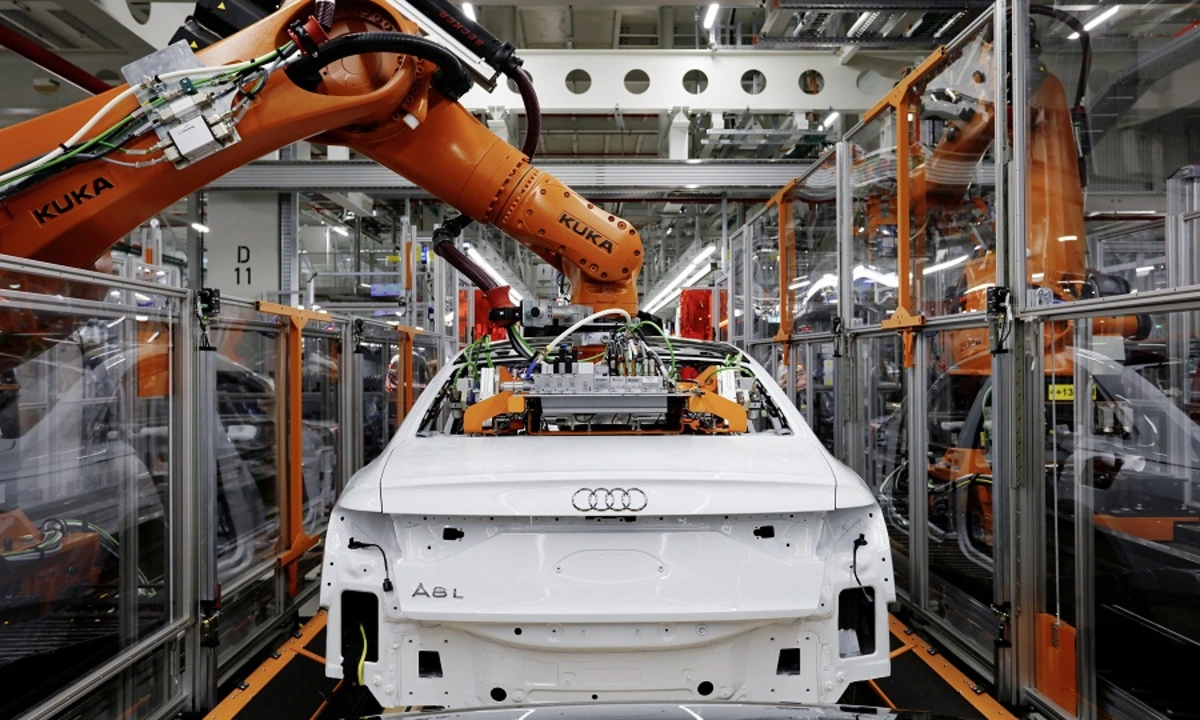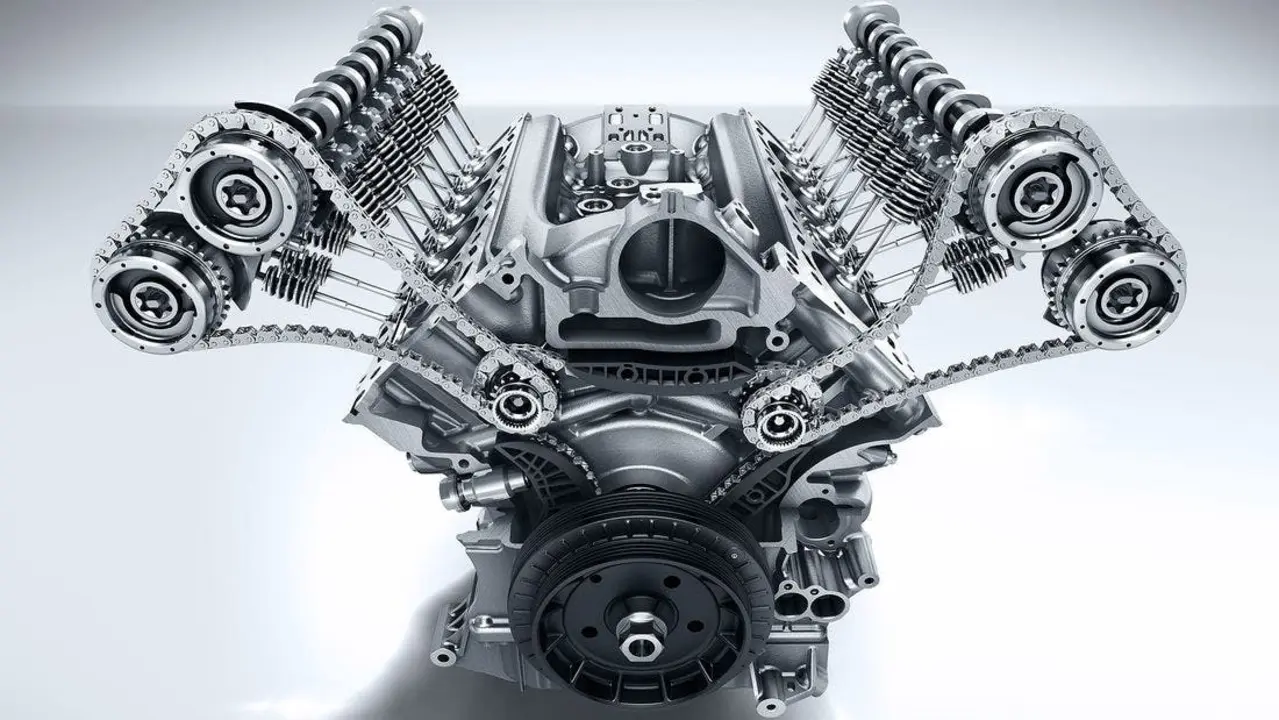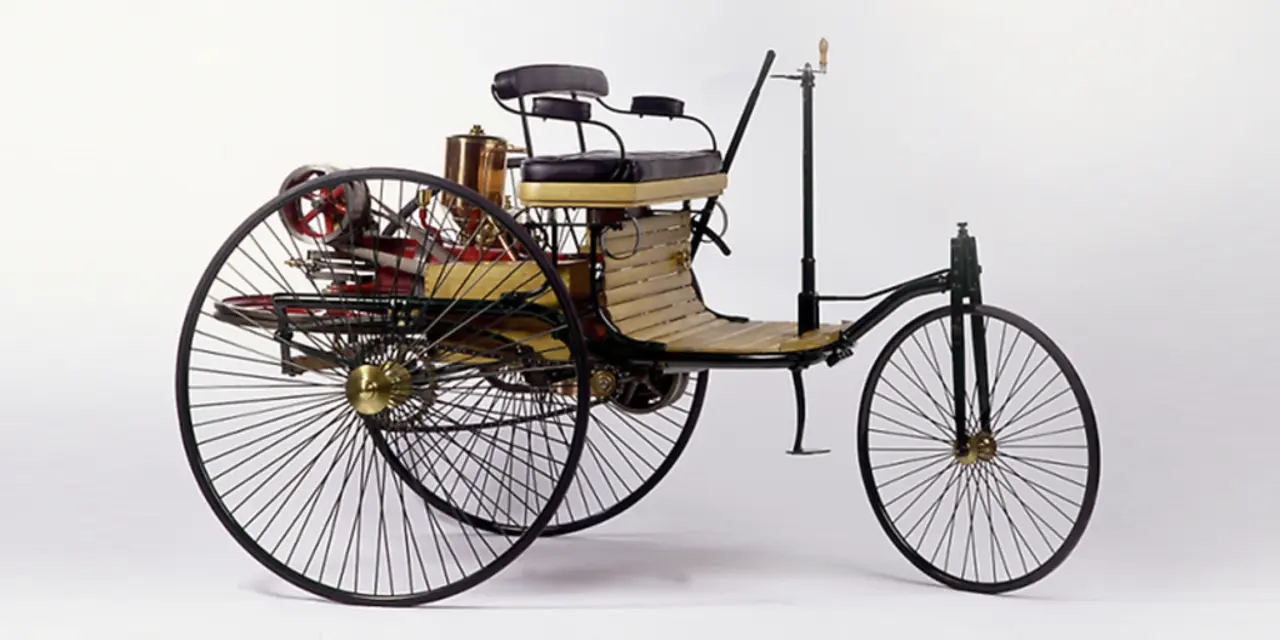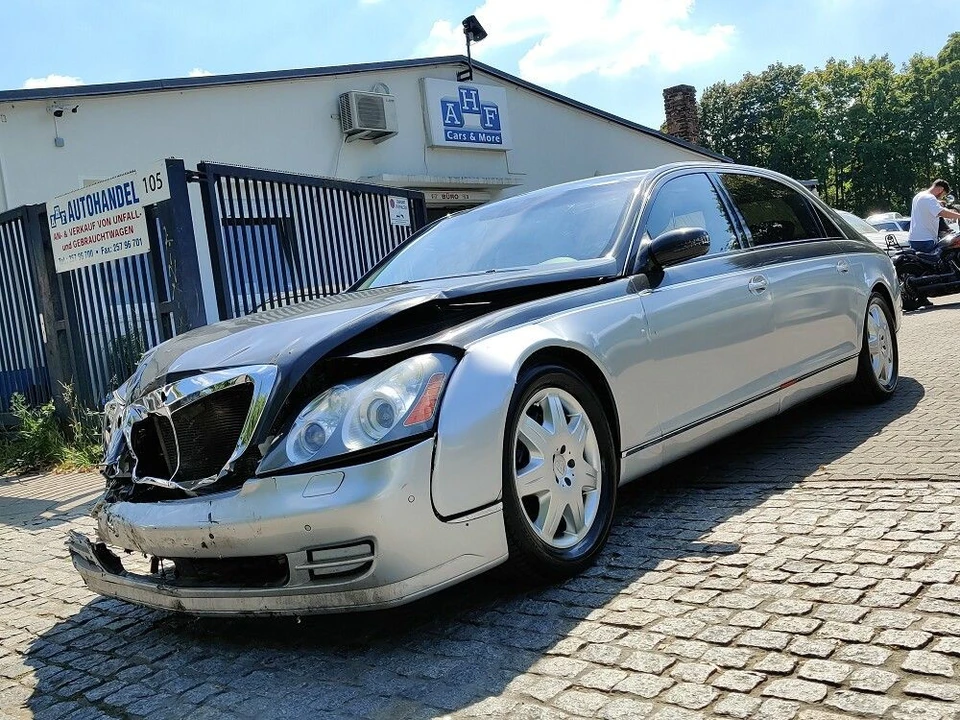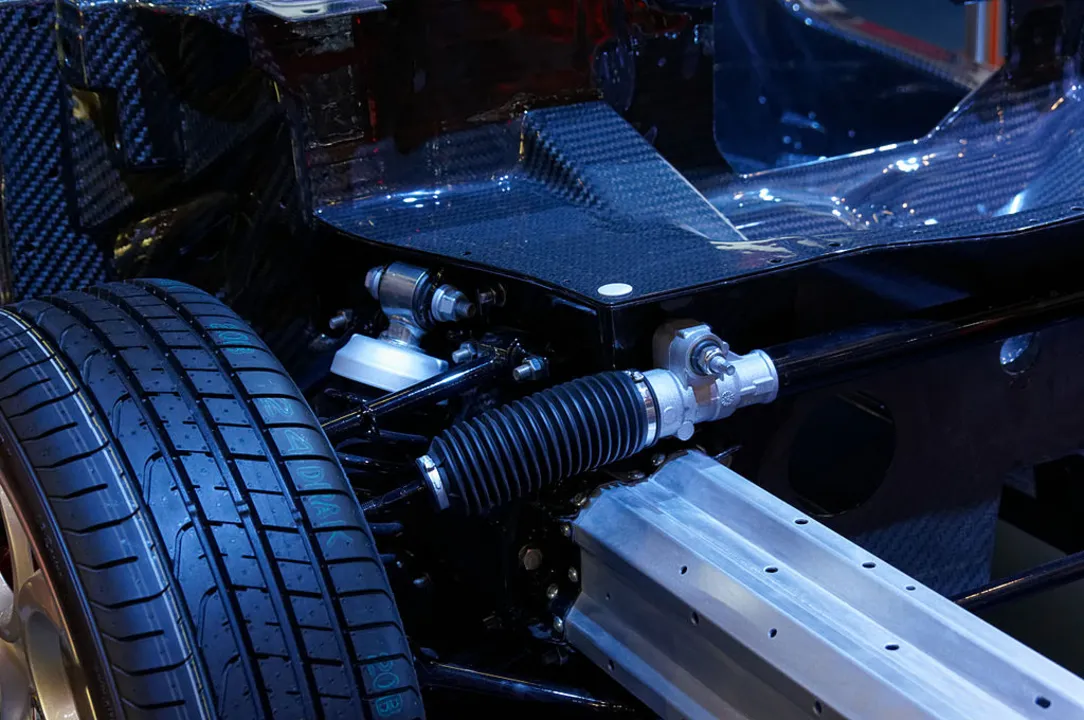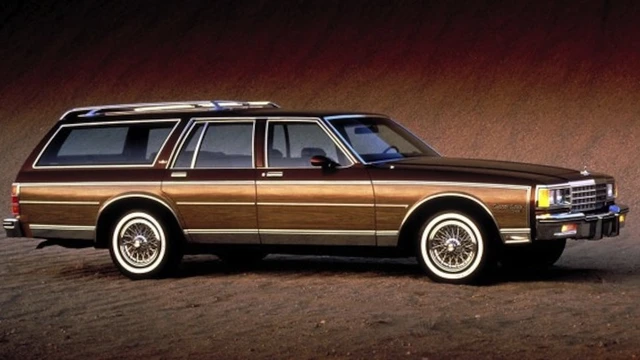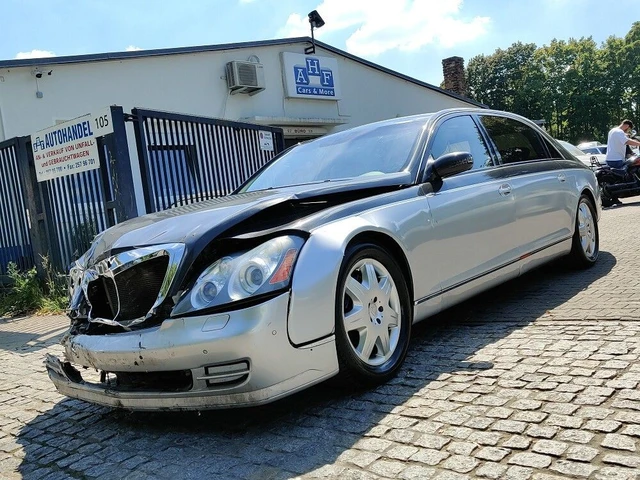As a copywriter, I've researched the automotive industries in Germany and found out that they are mainly located in several key regions. The most prominent areas include the state of Baden-Württemberg, where big brands like Mercedes-Benz and Porsche have their headquarters. Besides that, Bavaria is home to BMW and Audi, while Volkswagen can be found in Lower Saxony. Overall, these regions form the backbone of Germany's strong automotive industry, which is known for its innovation and high-quality products.
If you know someone who loves cars, you might call them a car enthusiast. Car enthusiasts tend to be passionate about cars, often spending their free time and money researching, modifying, and driving them. They may be knowledgeable about various makes and models and have a personal favorite. They may even collect cars. Car enthusiasts may attend car shows and rallies, join car clubs, and enjoy discussing cars with like-minded people.
Americans have become heavily dependent on the automobile, but this is not necessarily a bad thing. Automobiles allow us to travel faster and further than ever before, making it easier to reach places of work, school, and leisure activities. They also provide us with a sense of independence and freedom, and can be a great source of joy and entertainment. However, there are also some negative consequences of our reliance on the car, such as air pollution, road congestion, and overall greater consumption of fossil fuels. Therefore, it is important to be aware of the potential drawbacks and find ways to minimize them, such as utilizing public transport or investing in more eco-friendly vehicles.
Internal combustion engines are one of the most reliable and long-lasting pieces of machinery. On average, an internal combustion engine can last between 200,000 to 300,000 miles before needing major repairs or replacement. However, this number can vary depending on the type of engine, the quality of the car, and the way it is maintained. Regular oil changes, tune-ups, and preventive maintenance can all help extend the life of an internal combustion engine. With proper care, an engine can potentially last even longer than 300,000 miles. Ultimately, the life of an internal combustion engine depends on a variety of factors, but with proper maintenance and care, you can expect to get a long service life from it.
The invention of the very first automobile is credited to German engineer Karl Benz in 1886. Benz was the first to create a vehicle that was powered by an internal combustion engine. His three-wheeled vehicle, known as the Motorwagen, was the first successful example of a gas-powered automobile. It was able to travel at a top speed of 16 km/h and Benz even patented the design in 1886. This design paved the way for the modern automobile, as Benz inspired many other inventors to continue to develop and improve the design. These advancements eventually led to the mass production of cars that we know today.
The debate between cars made in Japan and cars made in the U.S. is a never-ending one. While there are many enthusiasts who prefer cars made in the U.S. for their quality, power, and durability, others swear by Japanese cars for their affordability, fuel efficiency, and reliability. Ultimately, it all depends on your personal preference and budget. Do you prioritize power and quality, or affordability and fuel efficiency? Whether you're looking for a luxurious modern car or a reliable used vehicle, there's a perfect option for everyone. So, what will it be? Cars made in Japan or cars made in the U.S.?
A $50000 car may sound like a hefty price to pay, but the manufacturer pays even more for it. From parts to labor, the cost of making a car that meets safety and reliability standards is incredibly high. Additionally, the cost of marketing, advertising, and distribution must be considered. All-in-all, the cost of a $50000 car to the manufacturer can easily double the amount that they ultimately make from the sale. This is why car companies focus on selling cars in bulk, as well as offering financing and other incentives to entice buyers.
Automobiles and automotive are terms that are often used interchangeably, but they actually refer to two different things. Automobiles are the self-propelled, four-wheeled vehicles that are used for transportation, while automotive refers to the industry that is responsible for designing, manufacturing, and selling automobiles. Automobiles are the physical objects that people drive, while automotive is the industry that produces them. Automobiles have a variety of features, such as power, traction, and acceleration, while automotive is focused on the development and production of automobiles. In short, automobiles are the actual cars that people drive, while automotive is the industry that produces and sells them.
Internal combustion engines have been the primary source of power for vehicles since the invention of the automobile. However, as concerns around climate change and air pollution increase, there is a growing push to transition away from these engines. While the timeline for this transition is still uncertain, it is likely that we will see a move to electric and hybrid vehicles in the near future. This transition will be a major step forward for air quality and climate change, and will likely result in significant economic and environmental benefits.
Owning a foreign made car in the United States is a popular choice among many drivers. It offers a wide range of advantages, including greater affordability, increased safety and reliability, and better fuel efficiency. Additionally, foreign made cars often offer more customization options and higher-end features. While there are some potential drawbacks to owning a foreign made car, such as the need for specialized parts and maintenance, the pros generally outweigh the cons. With the right research and due diligence, owning a foreign made car in the US can be a great decision.
- 1
- 2
